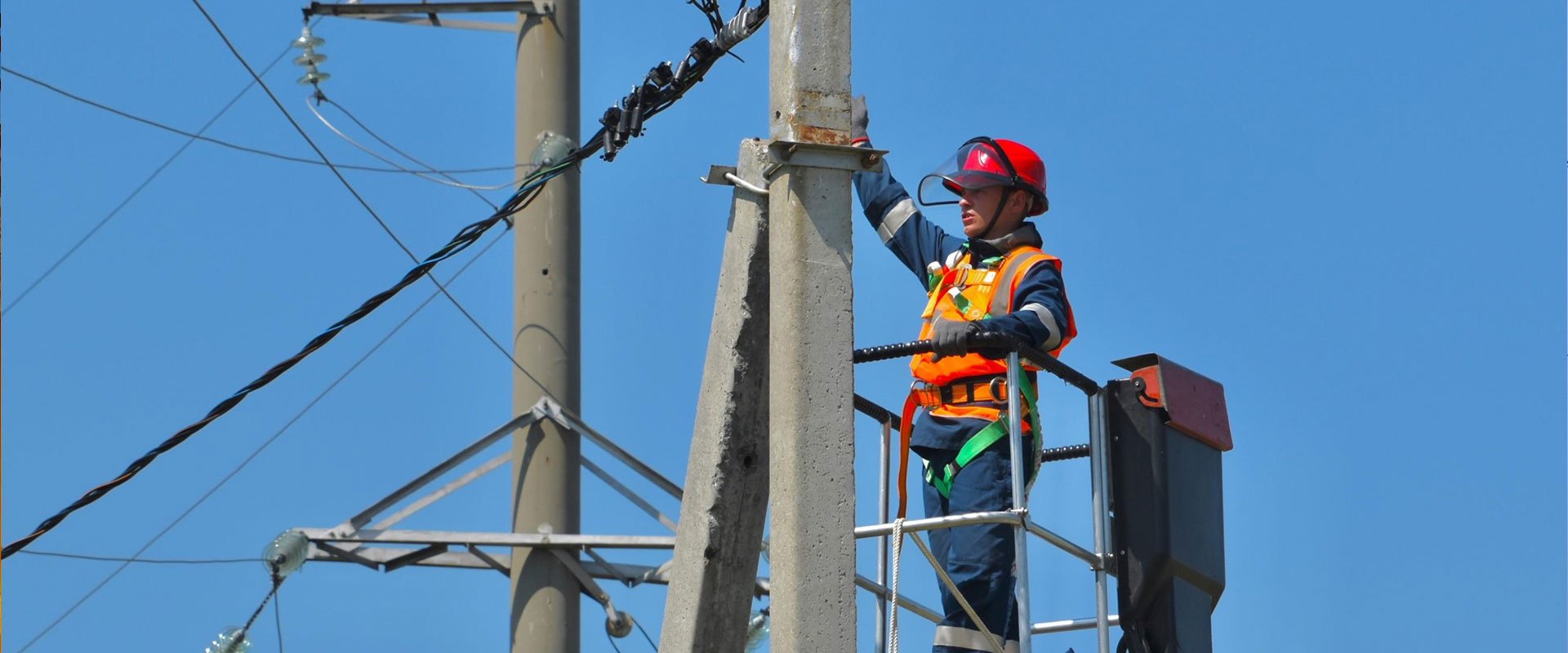Asia
Japan will develop commercial scale supply chains by around 2030 to procure 300,000 tonnes of hydrogen annually and ensure that the cost of hydrogen reaches 30 yen/Nm3
JAPAN
In July 2021, Japan released the first draft of new 6th Strategic Energy Plan. To achieve 46 percent GHG reduction target by JFY (Japan Fiscal Year) 2030, ANRE (Agency of Natural Resources and Energy) proposes to reduce the total primary energy generation to approximately 430 billion litres crude oil equivalent (COE) by JFY 2030 from the JFY 2030 target of 489 billion litres COE in the 5th Strategic Energy Plan. ANRE expects this reduction to occur through decreased demand due to improved energy efficiency and energy conservation. Several other key changes in JFY 2030 targets from the 5th SEP to the draft 6 th SEP include -
(i) increase in the use of renewables;
(ii) reduction in reliance on petroleum and coal; and
(iii) addition of hydrogen and ammonia to the list of energy sources.
BASIC STRATEGY FOR REALIZING A HYDROGEN BASED SOCEITY
A. Realizing low-cost hydrogen use –
Japan will develop commercial scale supply chains by around 2030 to procure 300,000 tons of hydrogen annually & ensure that the cost reaches 0.26 USD /NM3. In the later future , Japan will try to lower the hydrogen cost to 0.17 USD/NM3 to allow hydrogen to have the same cost competitiveness as traditional energy sources.
Japan’s target is to cut GHG emissions by 26% by 2030 from 2013 level. In accordance with the Paris Agreement , Japan will attempt to cut GHG emissions by 80% by 2050 - APERC Annual Conference 2021
Japan will develop energy carrier technologies to enable efficient hydrogen transportation and storage
B. Developing international hydrogen supply chains. Japan will demonstrate a liquefied hydrogen supply chain by the mid -2020s for commercialization around 2030.
C. Renewable energy expansion in Japan and regional revitalization. Japan will attempt to develop and commercialize power to gas systems by around 2032 and reduce the cost of hydrogen from renewable energy to as low as that of imported hydrogen in the later future.
The utilization of unused regional resources (including renewable energy , waste plastics , sewage sludge and by product hydrogen) will contribute not only to expanding the use of low carbon hydrogen but also to improving regional energy self sufficiency rates.
D. Hydrogen use in power generation. In the future , Japan will attempt to make hydrogen power generation including environmental values as cost competitive as LNG power generation. To this end, Japan’s annual hydrogen procurement may have to be 5-10 million tons (amounting to 15-30 GW in power generation capacity).
Japan seeks to commercialize hydrogen power generation as well as international hydrogen supply chains and cut the unit hydrogen power generation cost to 17 yen/kWh around 2030. Japan’s annual hydrogen procurement may have to reach around 300,000 tons (amounting to 1 GW in power generation capacity)
E. Hydrogen use in mobility. Japan aims to increase the number of FCVs in Japan to 40,000 units by 2020, to 200,000 units by 2025 and to 800,000 units by 2030. Japan also aims to increase the number of hydrogen stations in Japan to 160 by FY2020 and to 320 by FY2025 and make hydrogen stations independent by the second half of the 2020s.
Japan aims to increase the number of FC buses in Japan to around 100 by FY2020 and to around 1,200 by FY2030. Japan aims to increase the number of FC forklifts in Japan to around 500 by FY2020 and to around 10,000 by FY2030.
Japan will aim to achieve net zero greenhouse gas emissions by 2050. To decarbonize its economy Japan is increasingly looking to future fuels such as hydrogen and innovative technology - Mr. Yoshihide Suga, Prime Minister, Japan
Japan will develop energy carrier technologies to enable efficient hydrogen transportation and storage
F. Potential hydrogen use in industrial processes and heat utilisation
CO2-free hydrogen can (a) be used as fuel for energy areas where electrification is difficult, and (b) replace industrial-use hydrogen from fossil fuels, contributing to cutting carbon emissions.
G. Utilizing innovative technologies
With an eye on 2050, it is necessary to develop innovative technologies for highly efficient water electrolysis for hydrogen production as well as low-cost, highly efficient energy carriers and highly reliable, low-cost fuel cells.
H. Utilizing fuel cell technologies
As for Ene-Farms, Japan will seek to lower the price to 800,000 yen for a standard polymer electrolyte fuel cell (PEFC) and to 1 million yen for a standard solid-oxide fuel cell (SOFC) by FY2020 to secure their later autonomous diffusion.
I. Innovative expansion
Japan will lead international standardization through international frameworks. Japan will promote technological development and cooperation with relevant organizations.
J. Promoting regional cooperation
It is necessary that the understanding of the safety of hydrogen and the significance of hydrogen use is shared among citizens. To this end, the central government will adequately provide information in cooperation with local governments and business sectors.
Government of Japan and New Zealand has signed a Memorandum of Cooperation on green hydrogen in 2018. The Memorandum seeks to encourage industry and research institutes to collaborate in the field of hydrogen. - Japan Strategic Roadmap
Hydrogen strategy roadmap and targets for Japan – A landscape view till 2030

More from the reports
- Identifying demand clusters for hydrogen in India as per end use industries - Urea & Ammonia
- Identifying demand clusters for hydrogen in India as per end use industries - Steel Manufacturing
- Identifying demand clusters for hydrogen in India as per end use industries - Refineries & Chemical Units
- Identifying demand clusters for hydrogen in India as per end use industries - Food Processing
- Identifying demand clusters for hydrogen in India as per end use industries - Power Plants
- Business case evaluation of hydrogen end use in mobility & transportation sector India
- Scaling infrastructure for potential demand clusters in India for hydrogen offtake
- Transcending India into a global hydrogen hub - Examining demand pockets for green hydrogen offtake
- Understanding global hydrogen production costs and curve downwards
- Demystifying hydrogen distribution and global supply chain for effective trade








